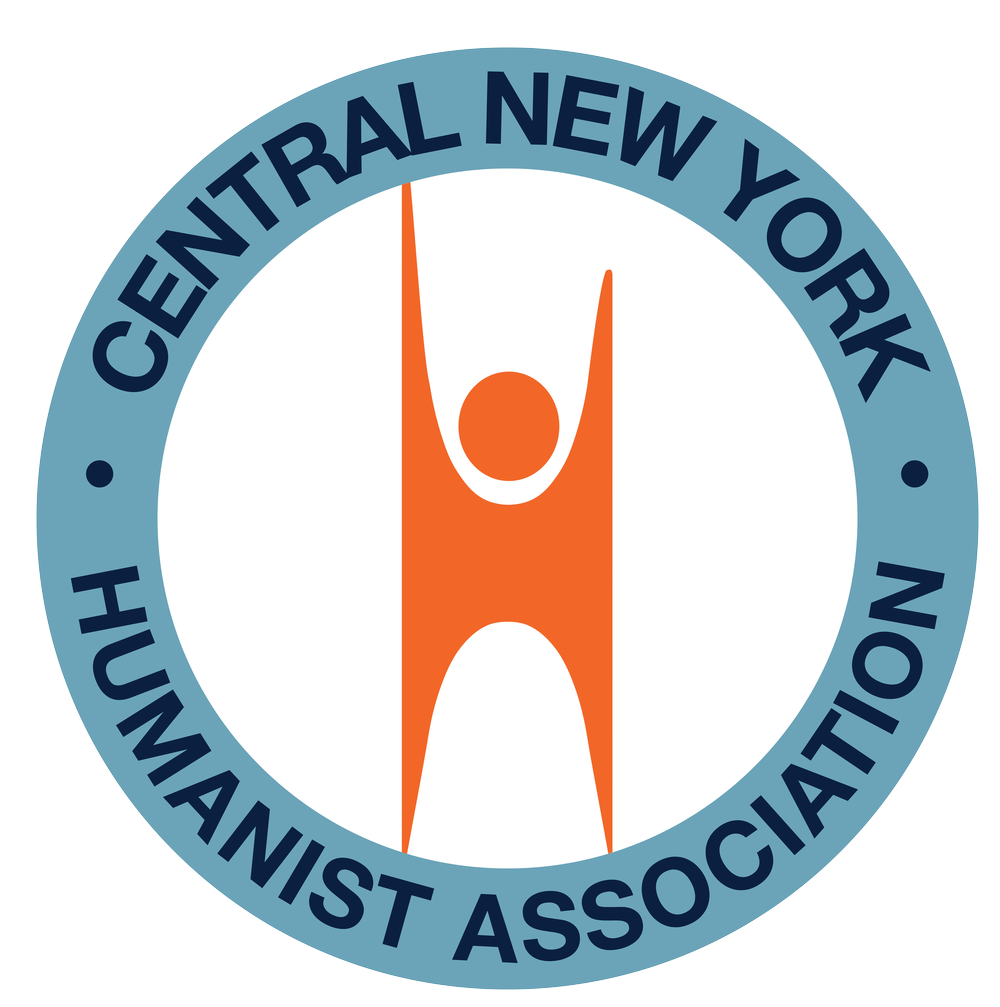When I was young, my father would remark on what seemed like almost every Sunday that it was "God's Day" and he'd forewarn that as a family, we would stay home and do nothing because of it. Sundays, Sabbath to Christians, were to be respected in our household when Dad was around. Yes, he'd prepare a hefty pancake breakfast for us and self-indulge in guitar-playing or song-writing, but for kids who wanted to watch television or have friends over, hanging around the house wasn't fun It took me over 20 years to shake off the stigma of that tradition. In reality, my father was most likely just providing an excuse to kick back & relax one day a week, but using the Sabbath for an excuse. He was (and still is) a factory worker, who at the time was raising a few kids, and in addition to tending to us weekday evenings while my Mom worked her part time job, he cared for us kids on the weekends, too: a 12 year old (myself), a 6 year old, and a newborn. Quite a task, I admit.
Once I grew up, Sundays came & went, and I always felt solemn on those days. I would stay home, mope around, and sometimes even relaxing to a good book wasn't satisfying. It was just a few years ago that I had started practicing trying to feel good about Sundays. Going fun places and doing fun activities rather than sitting at home alone. It took a long time for me to transition from seeing Sundays as "God's Day" to simply a second day of the weekend where I could enjoy friends and indulge in fun.
Being a Roman Catholic is a part of my past--from baptism as a baby to adult-confirmation around age 24. And unfortunately my Sunday memories aren't fond: my father pinching my upper arm really hard during Mass because I was dazing or dozing off. A priest reprimanding me around the time of my First Communion because I couldn't coerce my entire family into attending church with me. And being forced to memorize the Stations of the Cross until I wanted to pull my eyeballs from their sockets. I must be honest...I can't recall many pleasant Sunday memories. Most were just routine Sunday Blues, as I refer to them.
Today I'm very happy that neither of my children will ever be mandated by me to attend Catechism classes, nor will they be forced to go to a specific church. Sundays are a second Saturday in our house and enjoyment is to be had in one of many ways. And being that I'm one who enjoys connecting with a like-minded community, it's possible that my children will experience Sunday mornings in the Unitarian Universalist church, learning about all the religions without adhering to one specific core belief system and developing a connection to the UU's Seven Principles rather than the Ten Commandments. And hopefully become involved with humanitarian efforts alongside other Humanists.
I understand that for many, being a Catholic, or worshiping a God, is a welcomed feature of their lives. However, that's not the case for me. And I am grateful I can now say that it's okay. Part of rehabbing my former Catholic-mind involved myself attending Unitarian Universalist sermons, which brought me back into a church. I started going eight years ago. I grew to love the educational sermons led by various professional, intellectual people. I enjoyed the intellectual atmosphere and admired the values practiced. Now, I'm a public school teacher who, although an Atheist, educates high school Global History students on the various religions of the world (a requirement of the state curriculum). I'm also a member of a new, local Humanist chapter, which I see as another stepping stone in my personal journey through life as a proud, happy Atheist. Through identifying as a Humanist, I continue to believe that being a good person & having a heart isn't about honoring Jesus or connecting with God. It's about good habits, ethical practices, and being involved in a healthy future for not only oneself & those one loves, but the broader spectrum of community--those in my nation and around the world.
I will conclude on a humorous note: as I sat visiting my parents this past weekend, there was a knock at their door, which I promptly answered. A man informed me that he was there to take photographs of their home for home-owners insurance purposes--a routine procedure. After I asked him to wait and informed my parents of his request, my father seemed astonished and mumbled something while approaching the door. Whatever he said, ended with "...on a Sunday?!" I laughed to myself and thought of this blog post I had just penned. No matter how much time passes, some things never change.
Jessica is a history buff, as well as a certified New York State public school teacher and current vice president of the CNY Humanist Association. Her interests are listening to music, reading nonfiction memoirs, and both swimming and running. She has previously lived in Houston and Yonkers, and now presently resides in suburban Central New York. Her views are not those of the AHA, the CNYHA, or any other organization. In addition, her opinions are subject to change upon further reflection. Your thoughts, expressed in a polite way, are always welcome.






